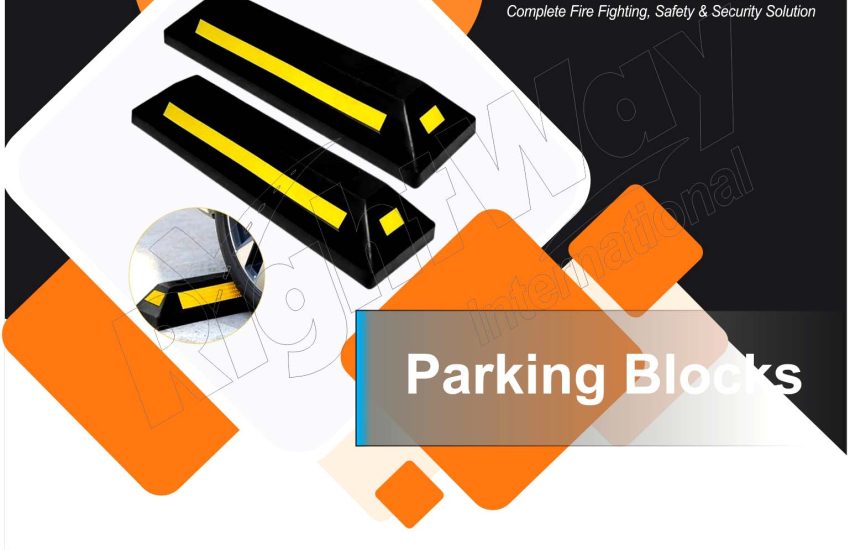Parking blocks, also known as parking curbs or wheel stops, are essential components in managing parking spaces effectively. They provide clear boundaries for parking areas, help prevent vehicle overrun, and contribute to the overall safety and organization of parking facilities. This article delves into the purpose, types, and benefits of parking block, as well as their various applications.
Purpose of Parking Blocks
- Space Management: Parking block define the limits of individual parking spaces, helping to organize vehicle placement and maximize the use of available space in parking lots and garages.
- Vehicle Protection: They prevent vehicles from overextending into adjacent spaces or areas, thereby protecting property and other vehicles from potential damage.
- Safety Enhancement: By clearly marking parking boundaries, parking block reduce the likelihood of accidents, such as collisions between vehicles or pedestrian accidents.
- Aesthetic Improvement: Parking block contribute to the neat and orderly appearance of parking areas, enhancing the overall look of the facility.
Types of Parking Blocks
- Concrete Parking Blocks: These are heavy-duty and durable, providing long-lasting performance. Concrete parking blocks are often used in commercial and high-traffic areas due to their robustness.
- Rubber Parking Blocks: Made from recycled rubber or synthetic materials, these block are flexible and resistant to impacts. They are commonly used in areas where flexibility and shock absorption are required.
- Plastic Parking Blocks: Lightweight and easy to install, plastic parking block are often used in residential or low-traffic areas. They are resistant to weathering and can be brightly colored for high visibility.
- Steel Parking Blocks: These are used for high-security applications and in environments requiring added durability. Steel parking block can withstand significant impact and are often used in industrial settings.
- Reflective Parking Blocks: Equipped with reflective elements, these block enhance visibility, especially at night or in low-light conditions. They are useful in both residential and commercial parking areas.
Benefits of Parking Blocks
- Improved Space Utilization: By clearly defining parking spaces, parking block help to optimize the layout and use of parking areas, allowing more vehicles to be accommodated efficiently.
- Protection Against Damage: Parking blocks prevent vehicles from overextending into neighboring spaces or areas, thereby reducing the risk of damage to vehicles and property.
- Enhanced Safety: They help prevent accidents by providing clear boundaries for parking, reducing the likelihood of collisions and ensuring safer navigation through parking areas.
- Durability and Low Maintenance: Many parking block are made from durable materials that require minimal maintenance, providing a cost-effective solution over time.
- Aesthetic Value: Well-maintained parking block contribute to the neat and orderly appearance of parking areas, improving the overall aesthetic of the facility.
Applications of Parking Blocks
- Commercial Parking Lots: Parking block are widely used in commercial parking lots to manage space, protect vehicles, and maintain an organized appearance.
- Residential Parking: In residential areas, parking block help homeowners and tenants to park their vehicles neatly and prevent encroachment into sidewalks or driveways.
- Industrial Facilities: In industrial settings, parking block provide organization and safety, ensuring that vehicles are parked in designated areas and reducing the risk of collisions.
- Public Parking Garages: Parking block are used in public parking garages to delineate parking spaces, facilitate traffic flow, and enhance safety for users.
- Retail and Shopping Centers: In retail environments, parking block help manage customer parking, protect storefronts, and maintain the aesthetic appeal of the shopping area.
Conclusion
Parking block are integral to the effective management of parking spaces, offering benefits such as improved space utilization, vehicle protection, and enhanced safety. By understanding the different types and advantages of parking block, property owners and managers can make informed decisions to optimize their parking facilities. Whether in commercial, residential, or industrial settings, parking block contribute to a more organized, safer, and visually appealing parking environment.


